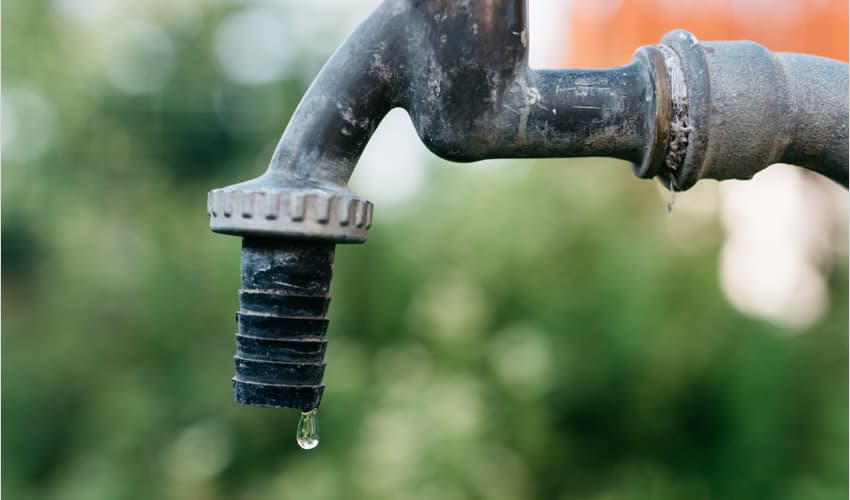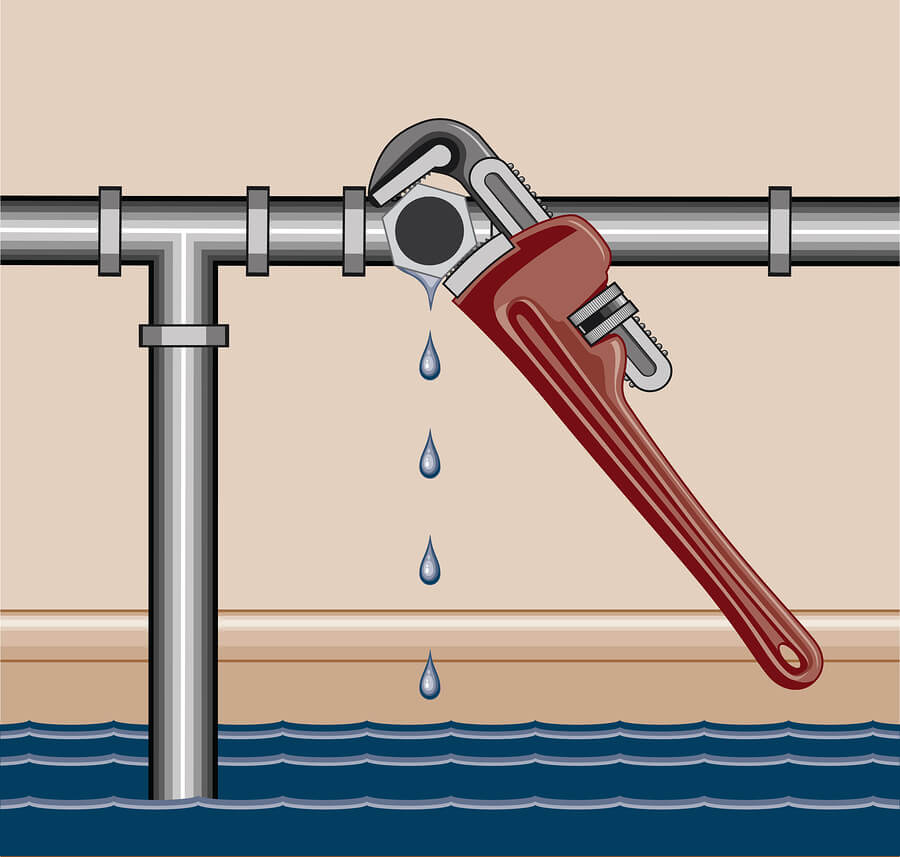Revealing Major Culprits Behind Home Water Leak Concerns
Revealing Major Culprits Behind Home Water Leak Concerns
Blog Article
We've discovered this great article pertaining to Most Common Causes of Leaky Pipes listed below on the net and felt it made perfect sense to write about it with you on my blog.

Leaks not only trigger waste of water but can likewise trigger unneeded damage to your residence as well as advertise unwanted natural development. Unfortunately, water leaks may go unnoticed considering that the majority of the pipework in our residence is concealed. By looking as well as understanding for everyday scenarios that cause leaks, you can protect your home from future leakages as well as unnecessary damages. Today, we will consider 6 leak creates that may be creating your pipes to leak.
Instant temperature modifications.
Severe temperature level changes in our pipes can create them to broaden and get unexpectedly. This growth and tightening might cause cracks in the pipelines, especially if the temperature level are below cold.
Corroded water systems
As time goes by, your plumbing system ages and deterioration such as corrosion may start gnawing the pipelines. This might be the source of discoloration or warping on your water pipes. This asks for an evaluation with your plumber quickly. Think about changing the pipes because they are at a higher threat of deterioration than the more recent designs if our plumbing system is old.
Defective Pipeline Joints
The point at which your pipelines connect is frequently the weakest link in the waterline. Pipeline joints can degrade in time, resulting in water leaks. The bulk of pipe joints are not conveniently noticeable. If you have noisy pipes that make ticking or banging sounds, specifically when the hot water is switched on, your pipeline joints are probably under a lot of pressure. It is a good idea to have your plumber evaluate your system annually.
Trespassing roots
Many water leakages begin outside the residence instead than inside it. You might discover wet spots or sinkholes in your lawn, and also that could mean that tree roots are invading water lines triggering water to seep out.
Poor Water Connectors
At times, a leak can be caused by loose hoses as well as pipes that provide your devices. Typically, changing is what creates the loosened water Connections. You may discover in the case of a washing device, a pipe might spring a leakage due to drinking during the spin cycle. In case of a water connections leak, you may see water running directly from the supply line or pools around your devices.
Blocked Drains
Clogged drains may be bothersome as well as inconveniencing, yet they can sometimes wind up triggering an overflow leading to break pipes. Maintain eliminating any kind of materials that might decrease your drains pipes that could obstruct them to avoid such troubles.
All the above are reasons for leaks yet not all water leaks arise from plumbing leakages; some leaks might originate from roof leaks. All leaks must be fixed instantly to prevent water damages.
Leakages not just create waste of water yet can additionally cause unnecessary damage to your home and promote unwanted organic development. By looking and recognizing for daily scenarios that trigger leakages, you can shield your residence from future leaks as well as unnecessary damage. Today, we will look at six leak causes that might be causing your pipes to drip.
At times, a leakage can be triggered by loose hoses and pipelines that supply your devices. In situation of a water links leak, you might observe water running directly from the supply line or puddles around your devices.
How To Check For Water Leak In Your Home
How To Check for Leaks
The average household's leaks can account for nearly 10,000 gallons of water wasted every year and ten percent of homes have leaks that waste 90 gallons or more per day. Common types of leaks found in the home are worn toilet flappers, dripping faucets, and other leaking valves. These types of leaks are often easy to fix, requiring only a few tools and hardware that can pay for themselves in water savings. Fixing easily corrected household water leaks can save homeowners about 10 percent on their water bills.
To check for leaks in your home, you first need to determine whether you're wasting water and then identify the source of the leak. Here are some tips for finding leaks:
Take a look at your water usage during a colder month, such as January or February. If a family of four exceeds 12,000 gallons per month, there are serious leaks.
Check your water meter before and after a two-hour period when no water is being used. If the meter changes at all, you probably have a leak.
Identify toilet leaks by placing a drop of food coloring in the toilet tank. If any color shows up in the bowl after 10 minutes, you have a leak. (Be sure to flush immediately after the experiment to avoid staining the tank.)
Examine faucet gaskets and pipe fittings for any water on the outside of the pipe to check for surface leaks.
Undetected water leaks can happen without the home or business owner even realizing. If you suspect a water leak, but not able to find the source. It is time to contact a professional water leak detection service, The Leak Doctor.
How To Find a Water Leak In Your Home
https://www.leakdoctor.com/blog/How-To-Check-For-Water-Leak-In-Your-Home_AE197.html

I ran across that blog post on How to Find Water Leaks while doing a search on the internet. Appreciated our review? Please share it. Help other people discover it. We value reading our article about How to detect water leaks in your home.
Book 24/7 Report this page